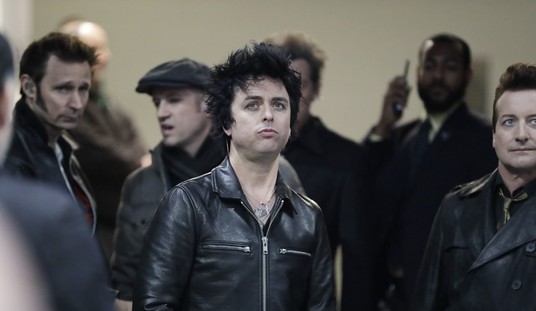Don’t recoil automatically: there is a historical significance with the disgraced Cosby and a lesson in social mores.
Though today, Bill Cosby is looked upon with disdain and contempt over multiple charges and jail time involving sexual assault, those recent revelations ruefully eclipse a decades-long career in which the actor/comedian made a number of significant impacts on the culture. He began as a breakthrough black comedian, managing to parlay that into a television career. In the 1970s and early ’80s, he broke ground in children’s content with the successful “Fat Albert,” running for 17 years. Then, and in the 1980s, he achieved superstardom with his self-titled sitcom that reigned at the top of the ratings for years.
As he dabbled in movies during the 70’s, television was his primary focus, following “The Cosby Show” with a number of moderately successful ventures. But all of them were launched as a result of his very literal breakthrough in prime time some 55 years ago.
In the early 1960s, tales about spies were all the rage. A British secret agent is to be credited. The books by Ian Fleming featuring James Bond became translated to theaters, and as “Dr. No” exploded, Hollywood responded in kind. A number of spy-themed programs arrived, such as “Mission Impossible,” “The Man From U.N.C.L.E,” “The Saint,” and others–and it was in this era that NBC decided to tap that fertile market.

Sheldon Leonard, a longtime character actor, had segued into production work, and he conceived of a spy series for the network. In its original incarnation, “I Spy” was designed to feature a duo of agents, one a younger, central character, and the other an older spook serving in a role as his mentor. But then, Leonard hit upon a dicey gambit and decided to make a drastic casting decision.
At the time the production was ramping up, Bill Cosby was rising in fame on the stand-up comedy circuit, coming out of the New York and Philadelphia nightclubs. His notoriety was such that he garnered a number of Grammy Awards for his comedy albums, and as a result, Leonard decided to alter the concept of his spy show in order to accommodate bringing Cosby into the cast. This became both a significant dramatic shift and a historic television decision, as it meant that Cosby would become the first black performer in a leading role on network television.
Cosby’s inclusion meant that the two leads would be positioned as equals. Robert Culp played “Kelly Robinson,” who posed undercover as a traveling tennis player. Cosby, as “Alexander ‘Scotty’ Scott,” pretended to be his trainer, and this ruse allowed the agents to travel to various international locations. Far more than a tag-along, token character, Cosby’s Scotty was highly educated and multilingual, while Culp was the spy-trained agent with street smarts. This parity was just the start of the revolutionary portrayal.
As the show was unveiled, there was a significant decision made by the two leads – Cosby’s race would not be a central aspect of the show. This is a wild departure from what we normally see, whenever a POC individual makes a breakthrough in a field; we have become accustomed to the announcements, and being told what a landmark achievement has been made. But with “I Spy,” they took an approach that is a 180-degree departure from this – they purposefully did not make a big deal out of Cosby’s achievement.
Consider that for a moment. This was the first POC performer ever seen in primetime, and there was no trumpeting of this by the network, the production did not promote the show by highlighting the racial component, and the plots of the episodes did not allude to Cosby’s race. This mirrored something Cosby had done with his standup routines, where he was noted for not featuring his race but focusing instead on life growing up and other normal aspects of life everyone experiences.
The TV production followed this same formula, and it paid off. Instead of broadcasting the historical nature of the casting, Cosby’s arrival was treated simply as normal, and this was a remarkable decision that saw Cosby first accepted, then lauded. The first-time actor was recognized by becoming the first African American actor to win the Emmy, doing so three years running, and “I Spy” won the Golden Globe for best drama series in its second year.

This serves as an object lesson for racial issues and activist positions. The usual methodology seen is akin to kicking in doors and loudly demanding equality, or enforcing a policy that forces the hands of society. These tactics may work, but are just as likely to garner resistance, as human nature often has a reflexive response against forced enactment. By simply normalizing things, instead of forcing the hand of others, equality can take place in a more organic fashion.
Instead of dictating people watch Bill Cosby in 1965, the studio and network simply presented him on television screens and allowed audiences to discover him. He was seen, and ultimately welcomed, into homes. Consider taking the “I Spy” approach, and there is a good chance that acceptance arrives as a more natural result.
They made an “I Spy” remake in 1994 with Bill Cosby and Robert Cupp.
Far less playing of tennis took place.https://t.co/dTRJF4dUKT— DISASTERS IN THE MAKING (@DITM_Podcast) February 19, 2022














Join the conversation as a VIP Member